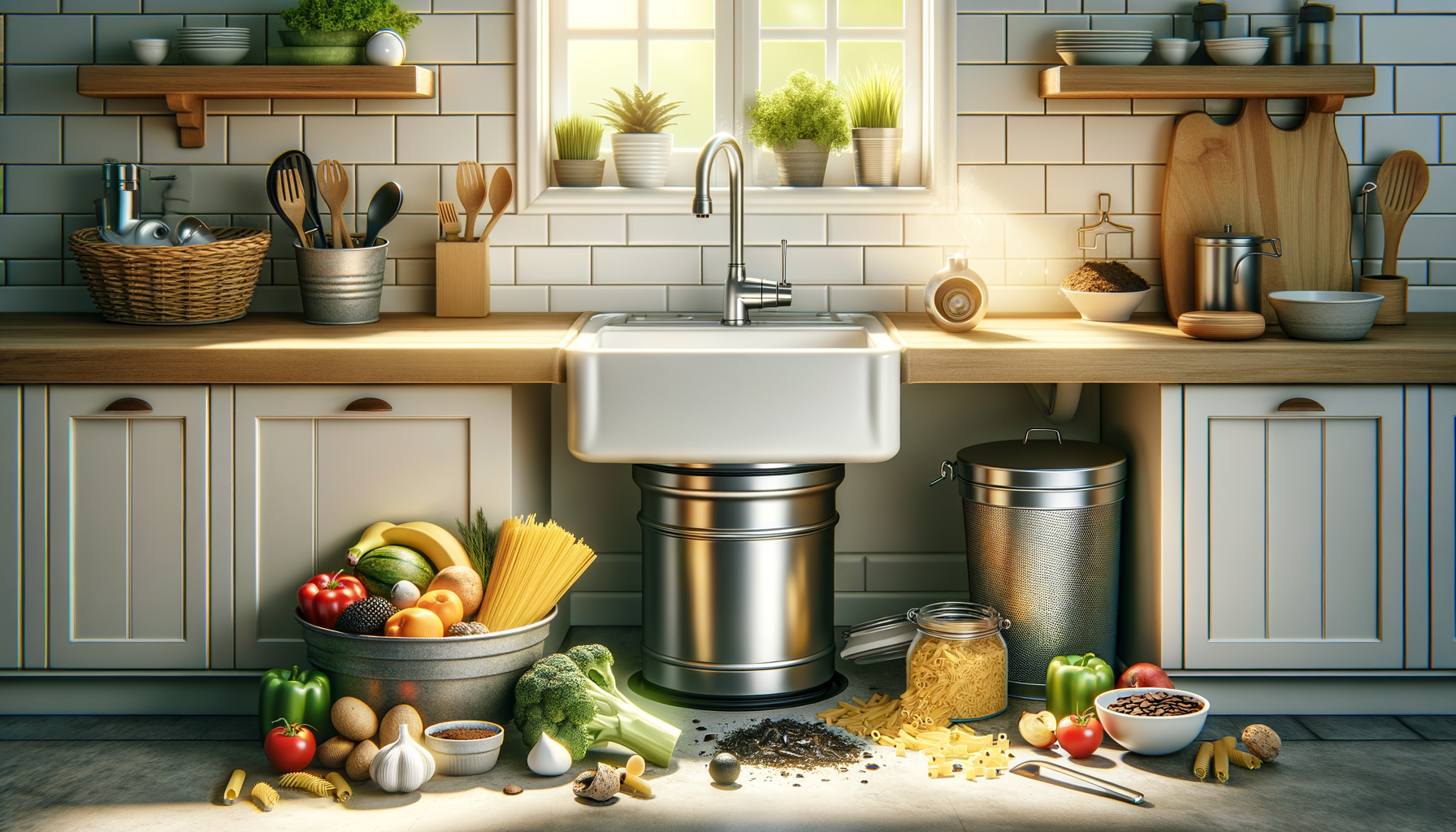Top Foods You Should Never Put Down Your Garbage Disposal to Avoid Plumbing Disasters

Garbage disposals are valuable kitchen helpers, designed to handle small food scraps and make kitchen cleanup a breeze. However, treating them like a catch-all can lead to serious plumbing issues. Understanding what can and cannot go down the disposal is key to maintaining its longevity and preventing costly repairs.
One of the main pitfalls is disposing of fibrous or stringy vegetables. Foods like celery, asparagus, and corn husks can entangle the blades and potentially jam the mechanism. These strings can wrap around moving parts, causing the motor to overheat, ultimately leading to a breakdown.
Another common mistake is pouring down starchy foods like pasta, rice, and potatoes. Once in the disposal, these substances tend to expand with the absorption of water, forming a paste that clogs the pipes and obstructs water flow. To prevent blockages, it’s best to toss leftover starches into the compost or trash instead.
Fat, oil, and grease are also disposal no-nos. They might seem harmless when melted and poured down, but these substances solidify as they cool, coating the pipes and narrowing the passage for waste to pass. Over time, they can create some serious clogs that require professional attention.
Coffee grounds are another surprising culprit. While they might seem fine in small amounts, they can pile up quickly in pipes, leading to congestion. Instead of using your disposal to get rid of coffee grounds, consider adding them to your compost pile or use them in the garden—they make excellent fertilizer!
Something else to be cautious about is putting down fruit pits or hard bones. These items are too tough for the disposal’s blades to break down, leading to appliance wear and tear, and in some cases, complete shutdown. When dealing with such waste, toss them in the trash instead.
To care for your garbage disposal, run cold water while using it. Cold water helps harden any lingering oils or grease, allowing them to be chopped up before they descent the drain.
Regular maintenance is another aspect to keep in mind. Periodically run some ice cubes through the disposal to clean the blades and help dislodge any food that’s stuck. Adding a sprinkle of baking soda and a splash of vinegar can also help keep it smelling fresh, neutralizing any odors caused by food residue.
In the end, being mindful of what you put in your garbage disposal is a small habit that reaps big benefits. By understanding what can cause harm and using alternatives for disposal, you can keep your kitchen running smoothly, avoiding unexpected plumber visits and costly repairs. Remember, sensible use and routine care are the secrets to a trouble-free garbage disposal experience.
